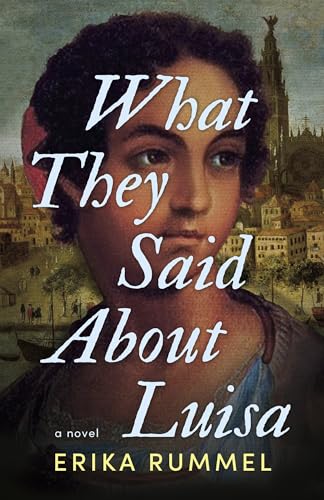What They Said About Luisa
Reimagined voices in the life and times of Luisa Abrego in 16th-century Spain come astonishingly to life in this novel of historical fiction. It offers readers an imagined backstory to a real woman’s existence during the course of one decade that took her from Spain to Mexico and then back again. The voices are the fictional narrations of individual characters who have come into contact with her. They relate her story in chronological order, but through distinct voices as events occur.
Luisa is an enslaved woman of mixed race who toils in the household of a nobleman in Seville. Pregnant by her master, she is freed after his death, and she marries a white man. They travel to Mexico for a better future, but she leaves her son behind in the care of nuns. In Mexico, an act of self-defense on her part ends in a man’s death that leaves her wracked with guilt. Further complications arise when the Inquisition also comes to Mexico, and she turns herself in because an earlier marriage vow with another man makes her believe that she is a bigamist. Simultaneously, her husband is involved in a mining accident.
Offering readers a glimpse into another era, the voices of the characters surrounding Luisa still sound completely human in the various ways that they view her and the world. Some sound controlling, others philosophical; some are focused on status and money, and some are amusing, but they all ring true to human nature. Highly recommended for its fascinating insights into 16th-century Spanish culture, its characterization of Luisa, and the unique way in which the story is framed.










